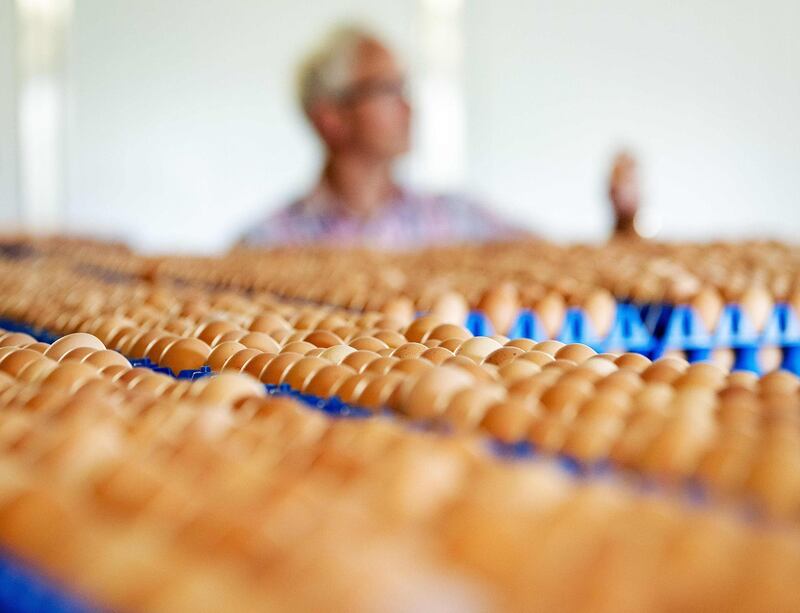More than 800 cases of food poisoning have been reported in Dubai during the first half of this year, new figures show.
Authorities said the number was largely due to the summer’s high temperatures combined with the improper refrigeration of foods.
In total, more than 200 cases were found to be caused by varieties of salmonella poisoning.
Not all instances originated in Dubai, however, with health experts finding some cases involving tourists exposed to the bacteria from outside of the country.
Bobby Krishna, senior food specialist at Dubai Municipality, said: “A number of poisoning cases were reported by tourists who ate food abroad and came back carrying infections.
“Several salmonella cases, reported via the Emirates Hospital, were diagnosed in individuals who had recently arrived back in the Emirates having travelled.”
Salmonella poisoning is a major cause of illness around the world.
The common bacterial disease affects the intestinal tract and can be deadly even though most individuals recover without treatment.
Humans are generally infected through the consumption of raw or undercooked meat, poultry, eggs or egg products.
The incubation period of the illness ranges from several hours to two days and symptoms can include nausea, vomiting, abdominal cramps and diarrhoea.
On Monday, health officials in Dubai announced the launch of their annual Together for Food Safety campaign.
Experts said inspectors were continuing to take action against food suppliers and restaurants in breach of safety guidelines, and urged residents to report any instances of food poisoning.
Authorities said their most recent figures suggested around 800 people had suffered from food poisoning in Dubai this year.
While 200 cases were put down to Salmonella poisoning, the cause of the remaining cases could not be verified, officials said.
“Because food safety is part of our everyday life we organise campaigns each year focusing on shopping, handling and cooking food,” said Iman Al Baskati, director of the Food Safety Department at the municipality.
“This year’s focus will be on safety rules related to egg products,” he said.
Sultan Al Taher, deputy director at the department, said consumers could help prevent food poisoning by being careful how and where they bought their food.
Cracked eggs should be avoided, he said, while shoppers should also always check expiry dates on meat products.
______________
Read more:
UAE supermarkets recall frozen food following killer listeria outbreak in Europe
UAE removes Lactalis baby milk after salmonella contamination
______________
Where possible, consumers should try to keep food receipts to assist officials in tracing suppliers of infected products, he added.
“Some complaints were received from people who didn’t store food items properly or at the right temperature,” said Mr Al Taher.
“Other complaints were related to expiry dates or a consumer claiming that the product was spoiled at the supermarkets.
“Municipality inspectors examine food outlets and rate them according to their compliance to food safety rules.
“Almost all hypermarkets have been rated A and B, meaning they were excellent in regards to their safety and performance measures.
“However, some restaurants received D ratings and around 180 restaurants have been closed this year.
“Strict measures are taken against any food establishment that commits violations.”





